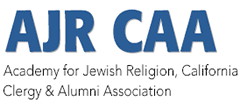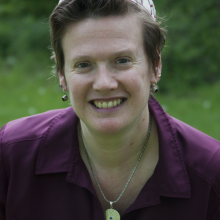Rabbi Menachem Leibtag: Haazinu The Purpose of Shirat Haazinu
Rabbi Leibtag asks the question: Who’s to blame when something goes wrong? God states, as fact, that the people will go astray and break the covenant. Yet the purpose is not to depress Moshe, but to give the people the necessary tools in case the situation does arise. The tool comes from the Shira.











